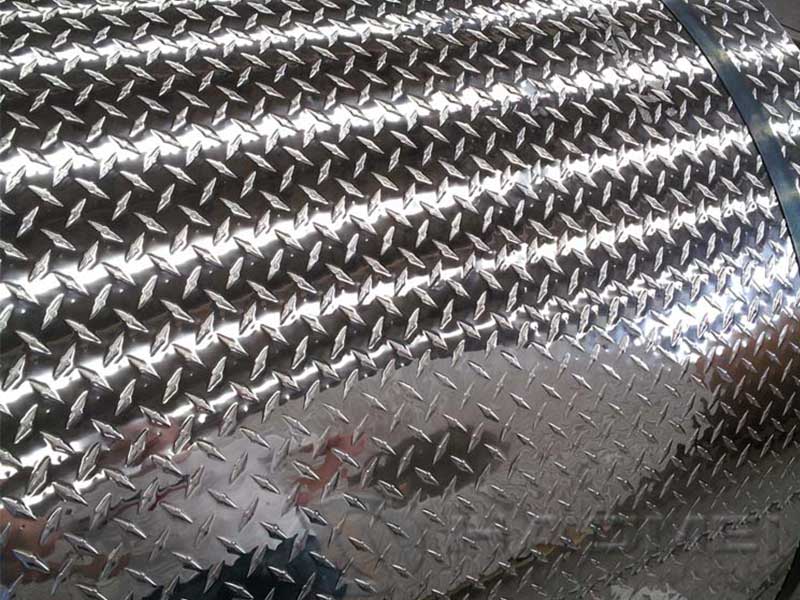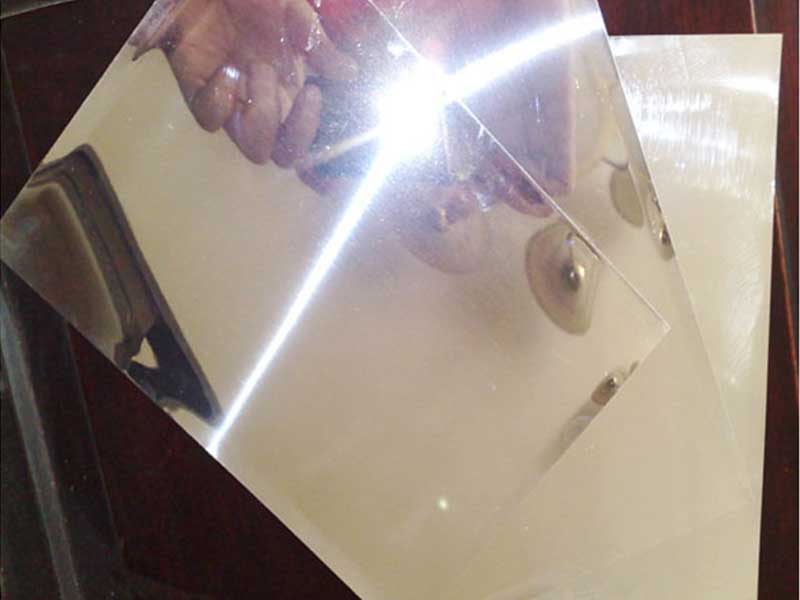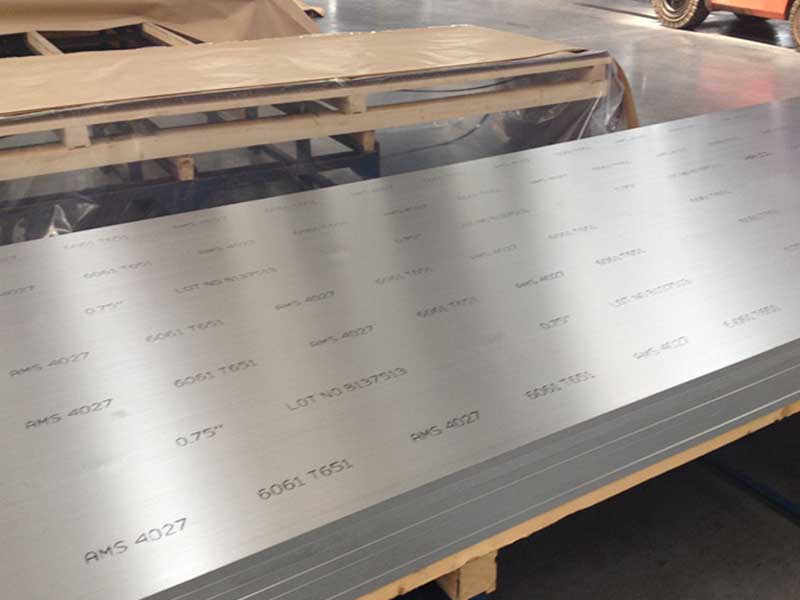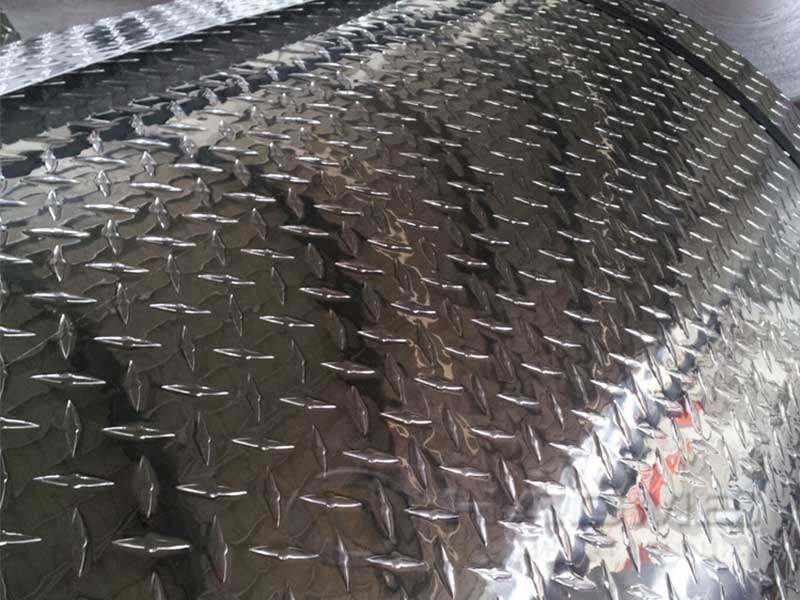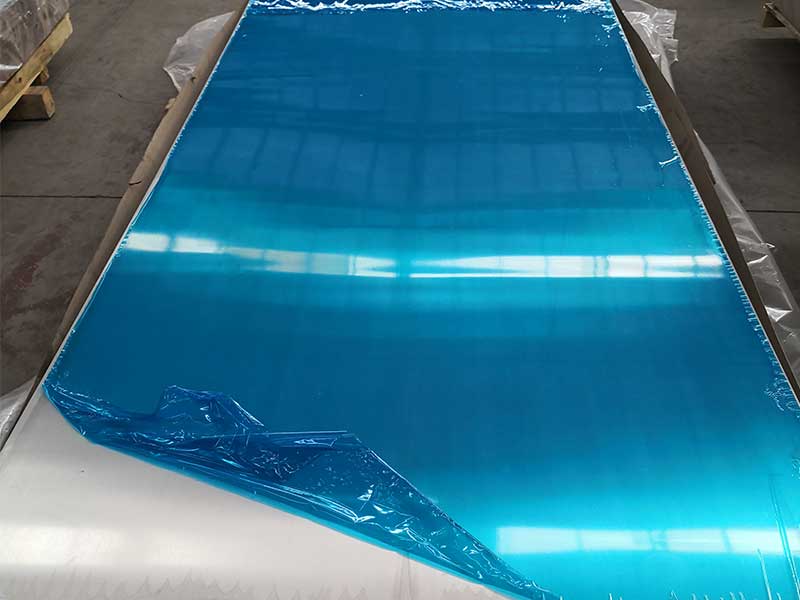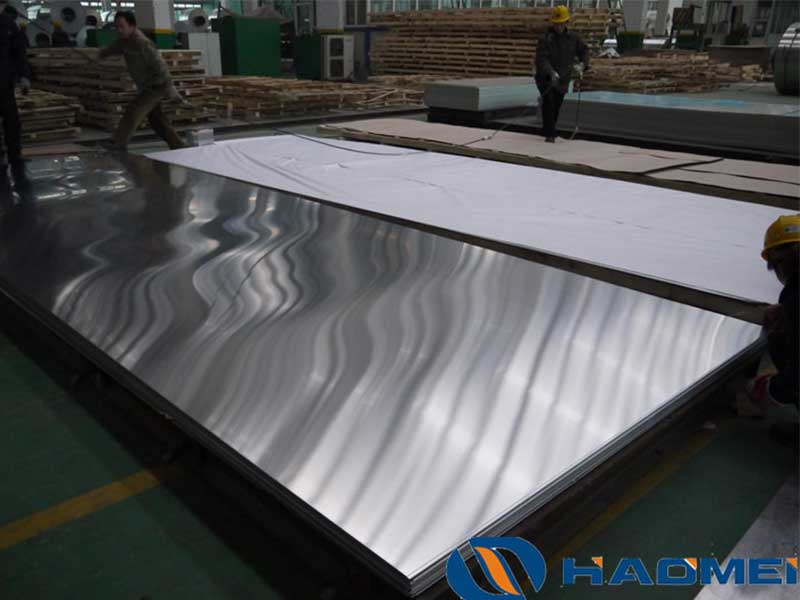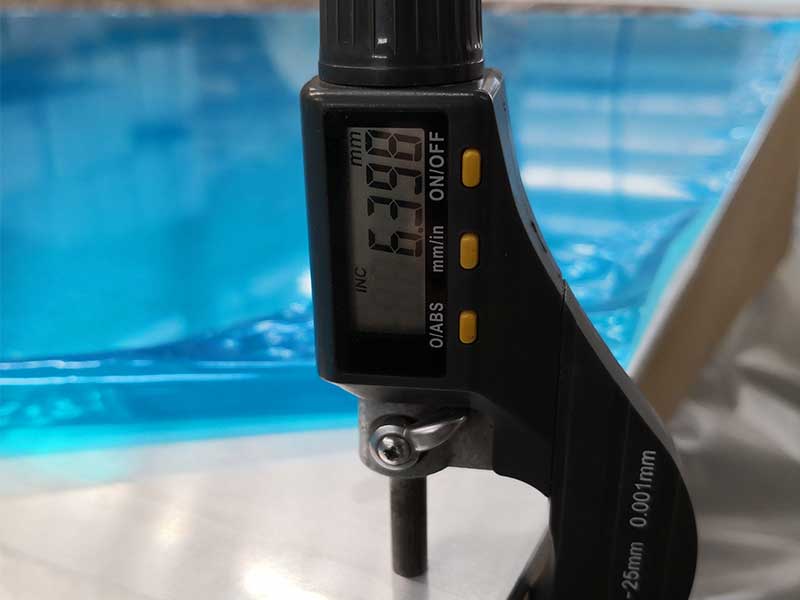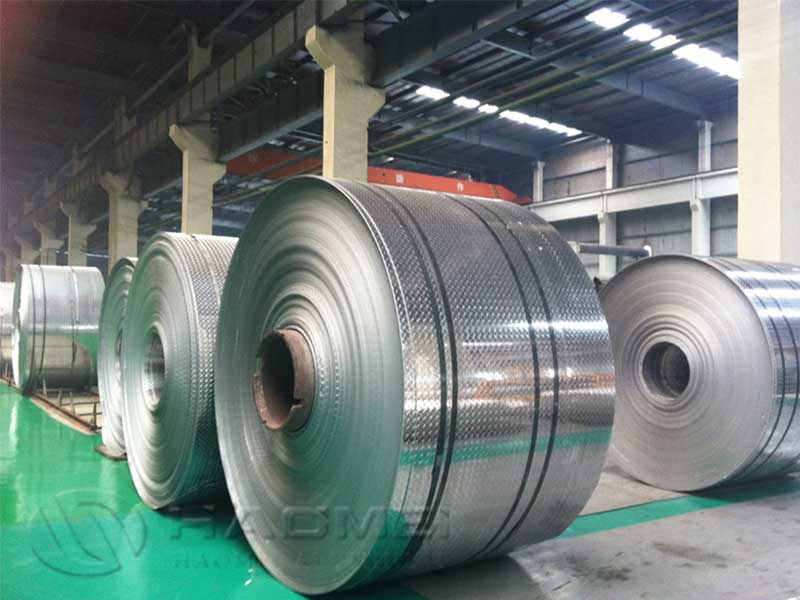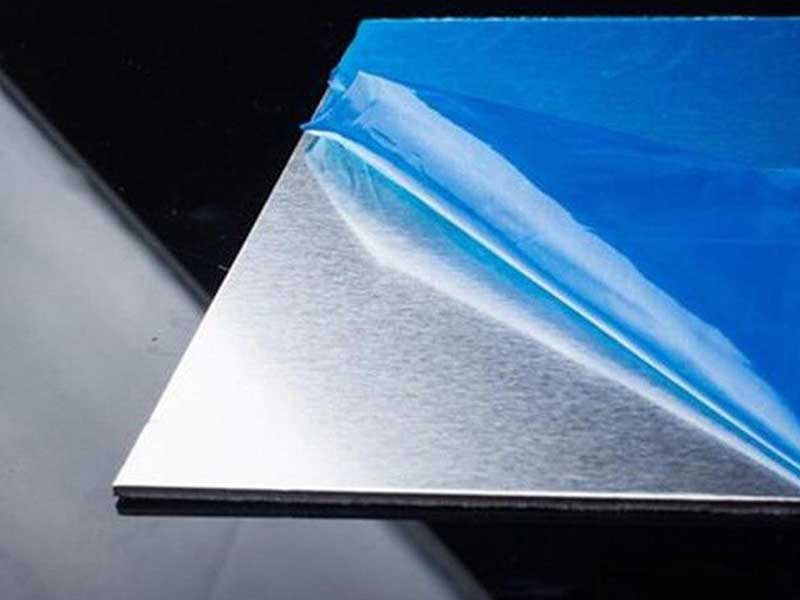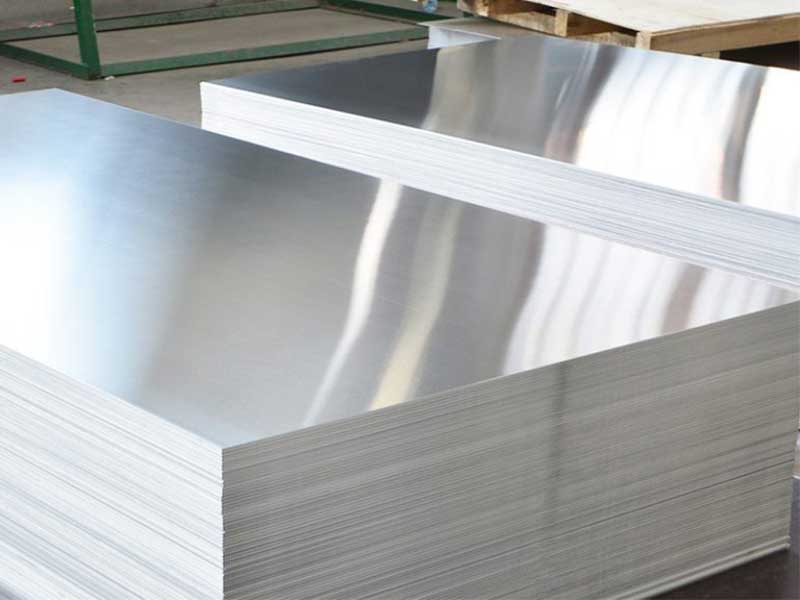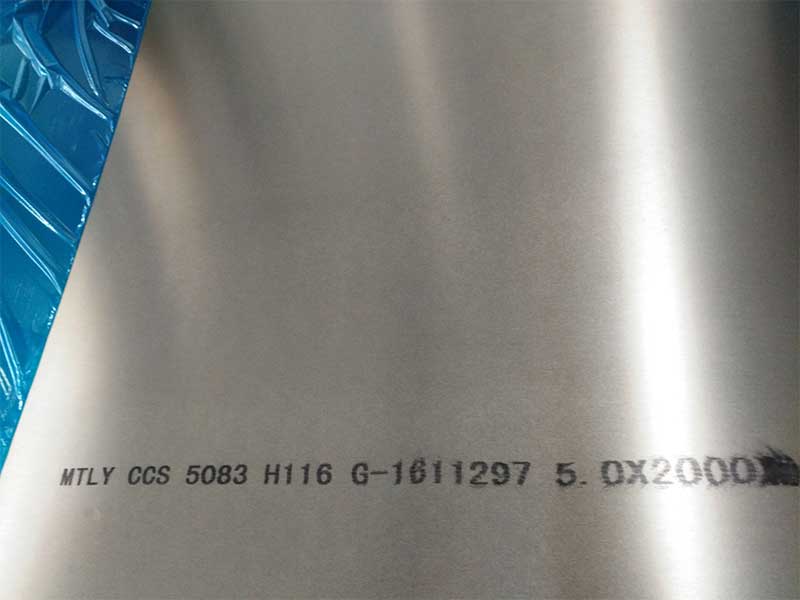2024-09-21 https://www.aluminum-coils.com/a/automotive-aluminum.html
As the automotive industry continues to evolve, one material has been making waves for its ingenious balance of strength and lightweight properties: automotive aluminum. This versatile metal is increasingly being used in various vehicle components—from body panels to engine components. Not only does this contribute to improved performance and fuel efficiency, but it also aligns with stricter environmental standards. In this article, we will explore the growing trend of automotive aluminum, the significance of high-quality aluminum sheets, and how they are reshaping the automotive landscape.
The Move Towards Lightweight Vehicles
Regulations aimed at reducing carbon emissions have driven manufacturers to innovate and adopt lightweight materials in vehicle design. Automotive aluminum stands out due to its impressive strength-to-weight ratio, which allows for the creation of lighter cars without compromising safety or durability. By reducing the overall weight of a vehicle, manufacturers can significantly increase fuel efficiency and improve handling, ultimately providing a more enjoyable driving experience.
Applications of Aluminum in the Automotive Sector
-
Aluminum Body Panels: Aluminum sheets are expertly crafted to create body panels that maximize durability while minimizing weight. This has become especially popular in electric and hybrid vehicles, where every bit of weight saved translates to longer battery life and enhanced efficiency.
-
Engine Components and Performance Parts: Automotive aluminum plays a crucial role under the hood as well. Components such as cylinder heads, engine blocks, and heat exchangers benefit from aluminum's heat resistance and lightweight profile, helping to improve overall engine performance without adding excessive mass.
-
Chassis and Suspension Systems: Advanced engineering techniques now allow for the incorporation of aluminum in chassis and suspension systems. Recognized for extraordinary rigidity and impact resistance, aluminum contributes significantly to the structural integrity of modern vehicles, enhancing safety features.
-
Fuel Efficiency: Vehicles integrated with aluminum components typically exhibit improved fuel economy. This gain is particularly vital as cars become more reliant on electric power assists and hybrid technology. Lighter vehicles require less power to operate, thus conserving energy and reducing emissions.
The Role of Aluminum Sheets
At the heart of automotive aluminum solutions lies a robust supplier industry specializing in aluminum sheets. These sheets are crafted using advanced manufacturing techniques to ensure uniformity and high performance in automotive applications. When selecting aluminum sheet suppliers, it’s essential to prioritize those who adhere to rigorous quality standards, ensuring that the materials procured support optimal vehicle manufacture.
Using high-quality aluminum sheets not only ensures superior strength and durability but also enhances the cosmetic appeal of vehicles through superior paintability and surface finishes. This allows designers greater flexibility while enhancing overall aesthetics without sacrificing functionality.
Future Trends in Automotive Aluminum
As the automotive industry progresses into an era focused on electrification and sustainability, the demand for aluminum is expected to surge. Innovations in recycling processes, established as Features in aluminum metallurgy, position the metal as a sustainable choice for future vehicle production. Moreover, research into aluminum alloys and composite materials will likely result in even more lightweight solutions that outperform traditional materials.
Additionally, advancements in manufacturing techniques, including 3D printing and additive manufacturing, present new opportunities for automotive aluminum applications, allowing for even more intricate designs and optimized part configurations that decrease weight and enhance performance.

